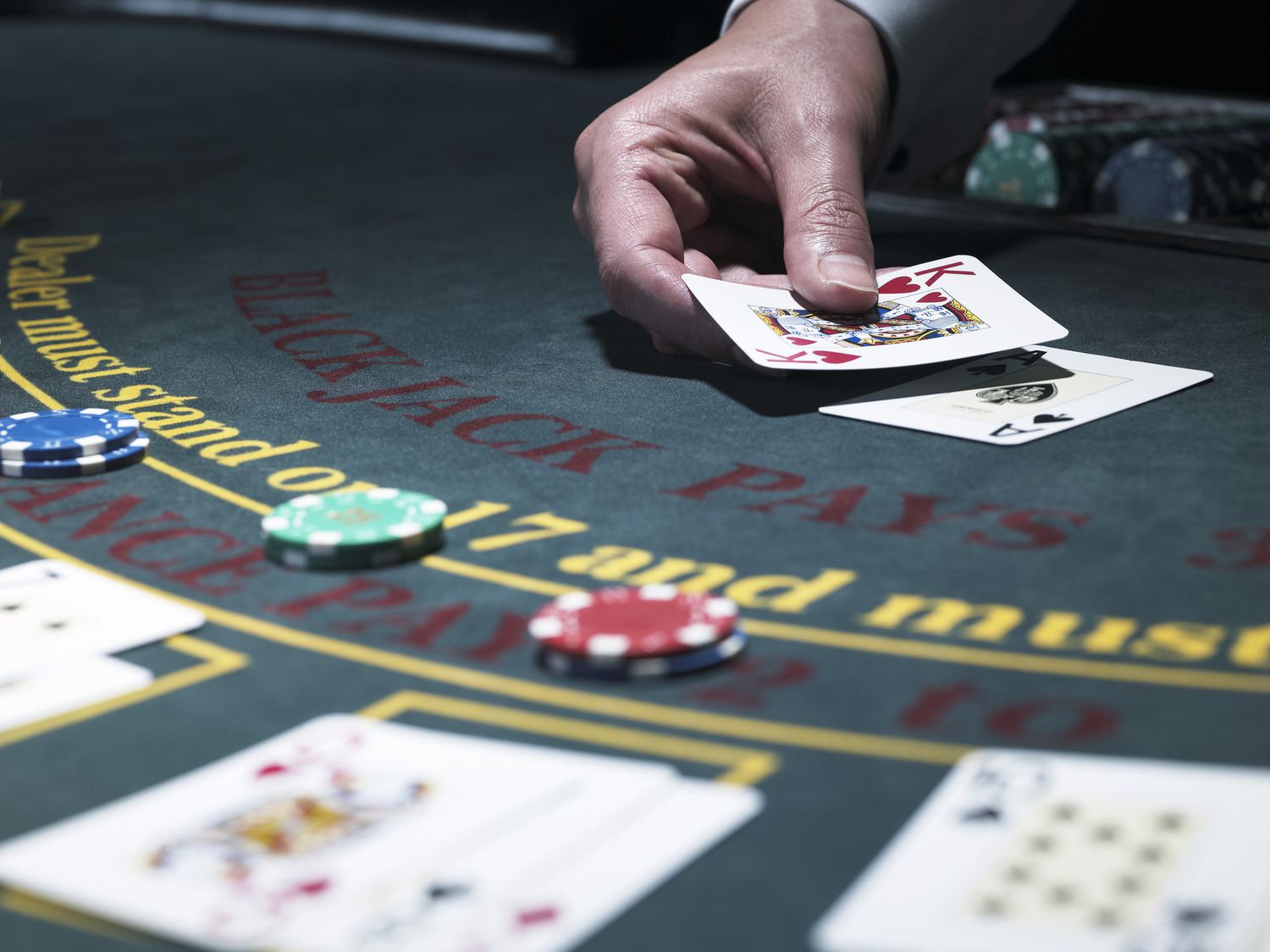
A lottery is a form of gambling that involves drawing lots for a prize. Lotteries are outlawed by some governments, while others endorse it to the extent of organizing a national or state lottery. It is common to find some degree of regulation of lottery by governments.
Lotteries come in many formats. For example, the prize can be a fixed amount of cash or goods. In this format, there is a risk to the organizer if insufficient tickets are sold. Other lotteries offer a prize depending on the outcome of an event. The organizers of such lotteries usually take the risk themselves, and they may also give some money back to players for promotional expenses and as prizes for lesser places (e.g., “50-50”). A popular form of this type of số đề online uy tín is the 50-50 draw, where half of the ticket price goes towards a jackpot that grows until it’s won by one lucky player who becomes instantly wealthy. In some countries, these types of contests are widely known and advertised, while in others, they are still considered gambling and must be licensed and regulated by the state.

Lotteries come in many formats, with varying rules on how winning tickets are determined. In countries where the lottery is legal, only a fixed number of tickets may be sold or specified beforehand as to which draw (described below) will choose winners. In such cases, the organizer may either randomly pick some of the winning tickets, use an algorithm, or let their auditors select them. Many recent lotteries allow purchasers to select their own numbers at a cost per ticket – this has been a popular choice for jackpot games where normally there is no winner because a single player can win a large jackpot entire amount all to themselves. If one person wins that entire jackpot, it is recommended to split the winnings.
Another popular format for lotteries sold by a single organization and drawing numbers at random, especially, is the one involving a rotating drum containing balls corresponding with all possible numbers which are continuously being selected and crossed out on some media (most commonly on paper), depending on whether they correspond to winning tickets or not. This lends itself best to games where several people can play for a relatively low cost per person, such as when playing against other players at a local bar or restaurant. In these cases, each strip of tickets has its own drum section marked with the number of tickets in that group plus any other relevant information about how many have been sold.








